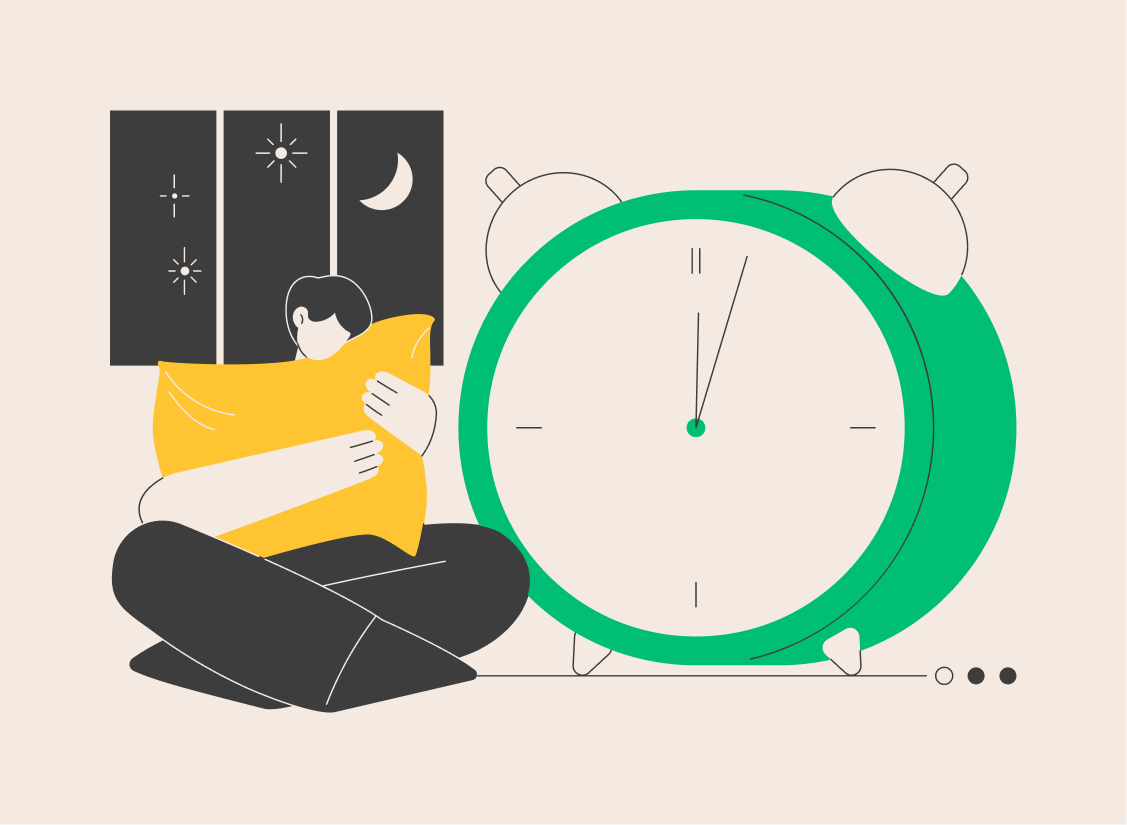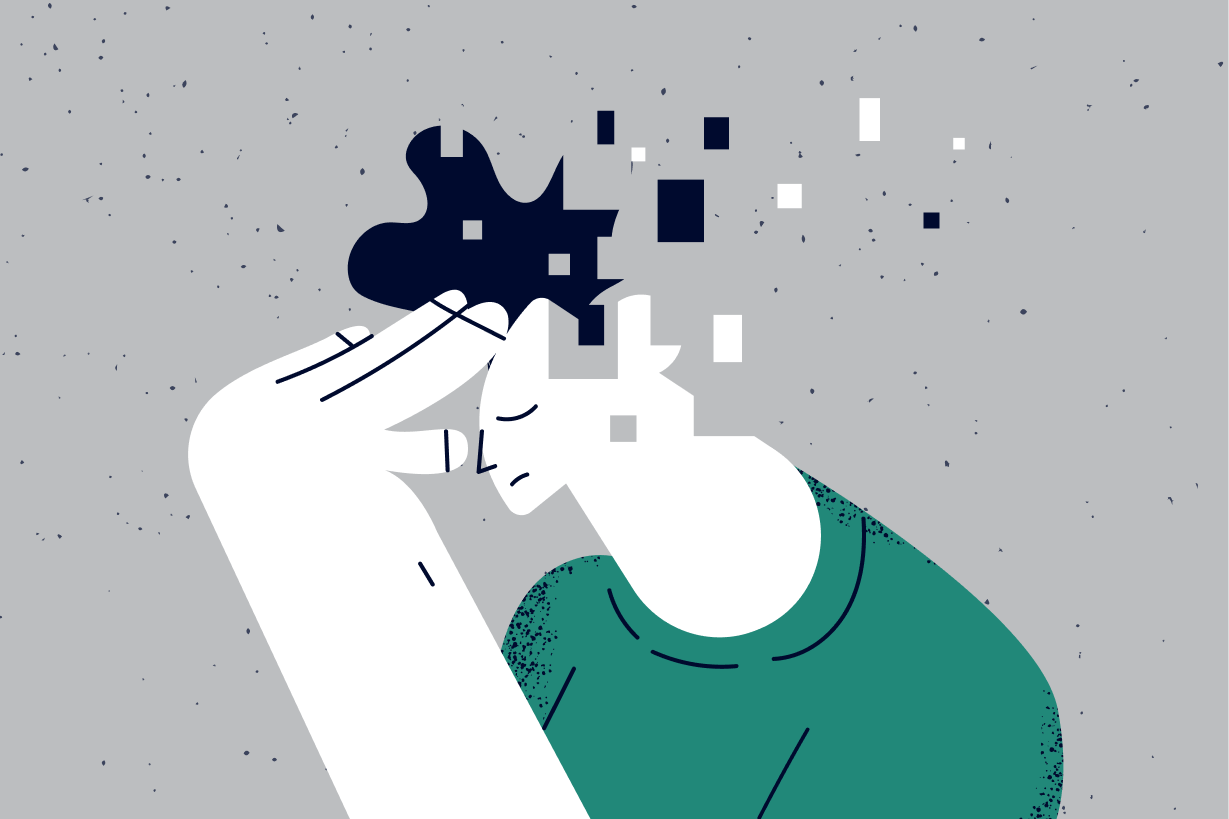Limit Naps

Ready to Transform Your Sleep?
Download Zen Melodies today and start your journey to deeper, more restful sleep with our expertly crafted soundscapes.
Download appWhile napping can be a quick way to recharge, long or late-day naps can interfere with your nighttime sleep. Follow these guidelines to ensure your naps boost, rather than hinder, overall sleep quality.
Benefits of Short Naps
- Boosts Alertness: A short nap can significantly enhance alertness and performance without leaving you feeling groggy.
- Improves Mood: Quick naps can uplift your mood and relieve stress.
Guidelines for Effective Napping
1. Timing is Everything
-
Limit Nap Duration: Keep naps short—aim for a 20 to 30-minute session to avoid entering deep sleep, making it easier to wake up.
-
Avoid Late Afternoon Naps: Napping too late in the day can disrupt your nighttime sleep schedule. Aim to nap before 3 p.m.
2. Create a Restful Environment
-
Find a Quiet Space: Choose a calm and comfortable area to nap where you won’t be disturbed.
-
Dim the Lights: Nap in a dimly lit environment to signal to your body it’s time to rest.
3. Use a Timer
Set an Alarm: To prevent oversleeping, use an alarm to wake you up after your nap.
4. Consider Your Overall Sleep Needs
Balance Napping and Nighttime Sleep: If you find that napping disrupts your sleep at night, consider limiting or avoiding naps.
Making Naps Work for You
While napping isn't for everyone, following these guidelines can help ensure that when you do nap, it's refreshing rather than disruptive. Listening to your body and understanding your sleep needs are key to making naps a beneficial part of your daily routine.
Conclusion
Naps can be a valuable tool for refreshing your mind and body, especially when kept short and early in the day. By being mindful of nap timing and duration, you can enjoy the benefits of napping without compromising your nighttime sleep.



